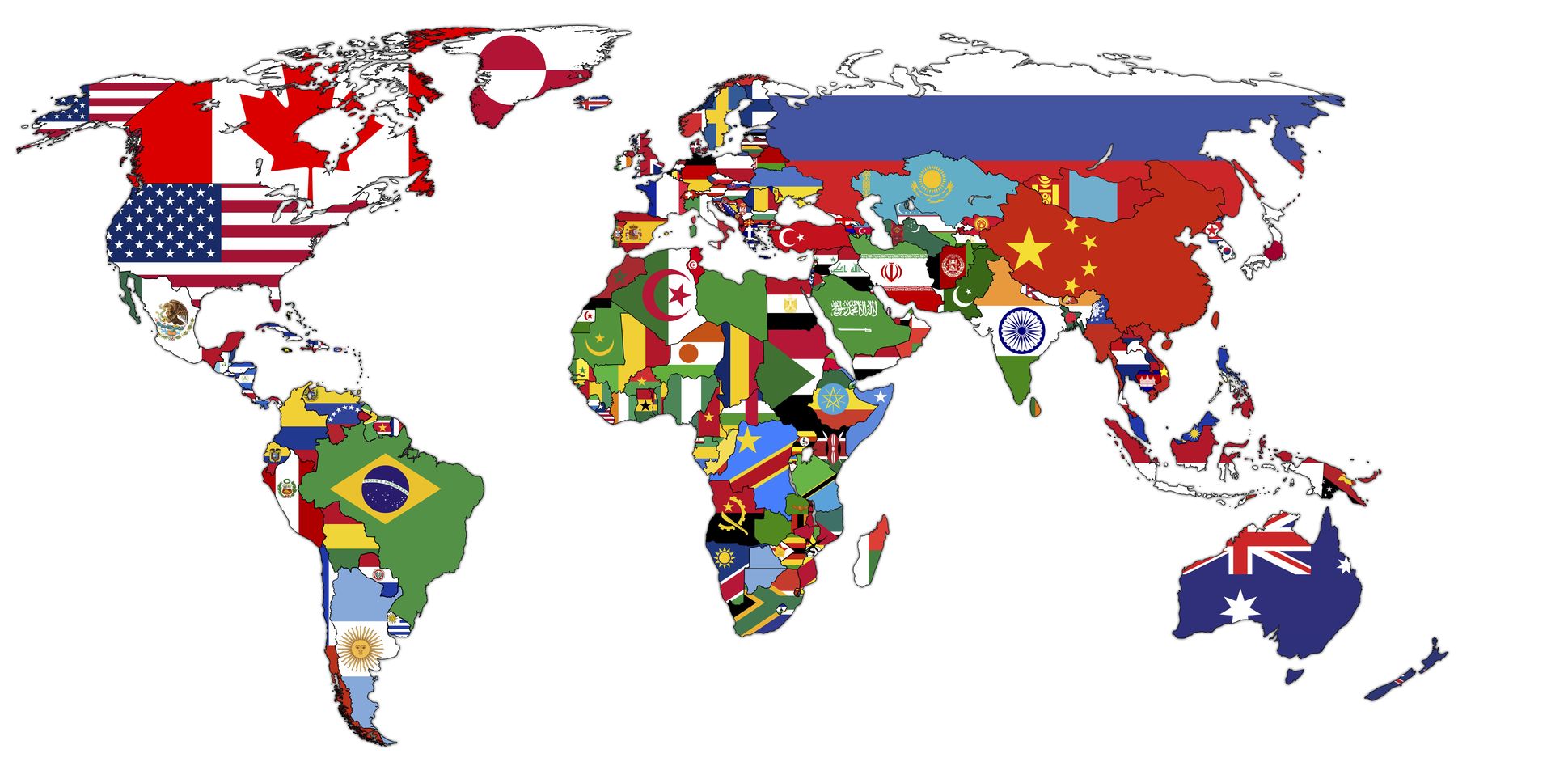English Hungarian translations

We are experts in English - Hungarian translation
Probably, more than once, you have considered translating your documents using an automatic translator to save money (the translation is understandable, so why not?), or maybe you know someone who speaks English and Hungarian and they provide you with an apparently coherent translation from English - Hungarian. But are you sure that’s enough? Bear in mind that in most cases the first impression is what counts, so ask yourself what it is that you want to achieve with the translation.
We recommend you to entrust yourself to an English - Hungarian language specialist right from the start to avoid misunderstandings and save time and money. Ultimately, translation is difficult and delicate work requiring extensive experience and absolute mastery of both the language and the subject matter of the text to be translated.
Our translation agency offers an effective solution for your translations. Cosmolingo: your ally in English - Hungarian translation.
The Hungarian language
Hungary (which translates as «land of the Magyars», a term for the members of the tribes that settled in the country centuries ago) is a rather atypical case in the European context. Although its geographical limits have undergone major changes over history, particularly after the dissolution of the Austro-Hungarian Empire, during what is known as the interwar period of the 20th century, the culture and especially the language have remained virtually unaltered. As in the case of Greek, and unlike English, in the inevitable historical evolution of Hungarian there have been no turning points or radical changes to hinder the understanding of ancient texts by native speakers today.
It belongs to the Ugrian branch of the Uralic language family, making it one of the few official languages of the European Union that do not belong to the Indo-European family, as in the case of Estonian and Finnish. Like the latter, it is an agglutinative language: words are formed by adding the relevant suffixes to the roots. The written form is based on the Latin alphabet, to which various diacritics are added. Because of its peculiar grammatical and phonological features, some people say it is difficult to learn as a second language. However, those who are familiar with it say it functions in a completely logical, harmonious and comprehensible way.
Hungarian is the official language of the Republic of Hungary, as well as various regions of Slovakia, Serbia and Romania. It is also considered a minority language in Austria, Croatia and Ukraine. Despite this geographical spread, many Hungarians deny the existence of dialects and prefer to talk about regional differences in use. There are currently about 10 million speakers in Hungary, over three million in neighboring regions, above all in the Romanian region of Transylvania, and around one million in western Europe, United States and Canada.

